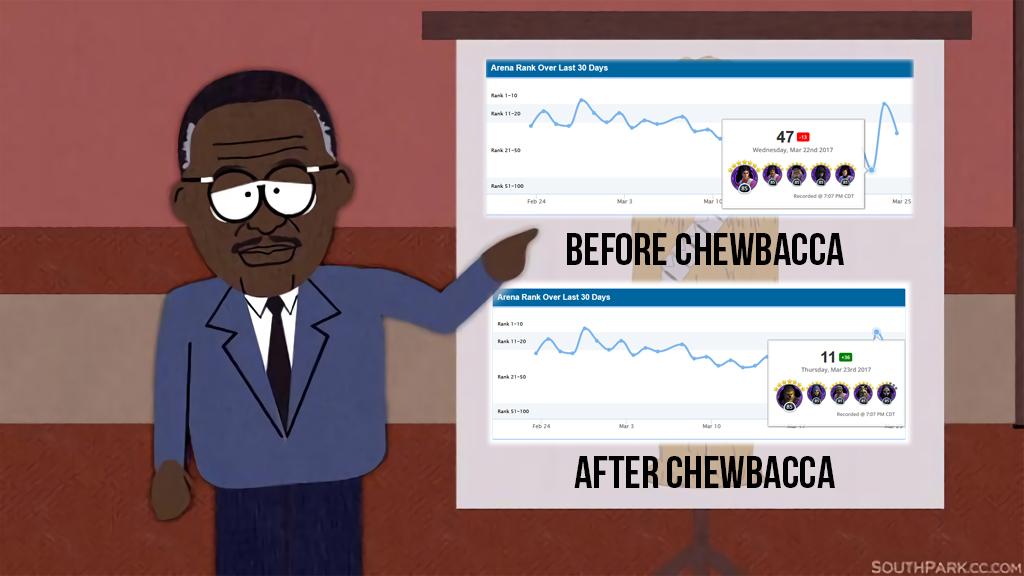You are divorced and receive alimony … normally. But now your ex is not paying and you are in a financial bind. What can you do?
You can turn to the courts to get your alimony order enforced. Failure to pay court-mandated spousal support can subject the violator to contempt charges. But unlike child support, failure to pay alimony will not result in wage garnishment, liens, or some of the more extreme enforcement tactics. So what do you do to get the alimony order enforced?
Contempt of Court
Contempt of court refers to any behavior that defies or disobeys a court order, or any conduct that insults the authority of the court. There is criminal and civil contempt and the two are distinct.
In the alimony context, you would move the court to find your spouse in civil contempt of court as a means of enforcing the order to pay support. Civil contempt charges can result in incarceration, just like criminal contempt charges, but the burden of proof on the plaintiff is lower than in criminal court. People held in civil contempt generally do not have the same extent of constitutional protection as those facing criminal contempt charges.
Although all of the above is true, chances are good that the sanction for failure to pay alimony will be an order to pay it and continue to do so. Sanctions can be indefinite, especially when contempt charges are sought in reference to an ongoing order.
Realistically Speaking
Of course, going back to court costs money and takes time and it would be ideal if your ex would just do what was ordered to begin with. The fact that they are disobeying the initial alimony order may indicate minimal respect for court orders to begin with. But having to face a judge in the contempt context is often sufficiently frightening for people to convince them to follow the order.
Talk to a Lawyer
If you are having problems with child or spousal support enforcement, speak to a divorce lawyer. Many attorneys will consult for free or a minimal fee. Get help.










